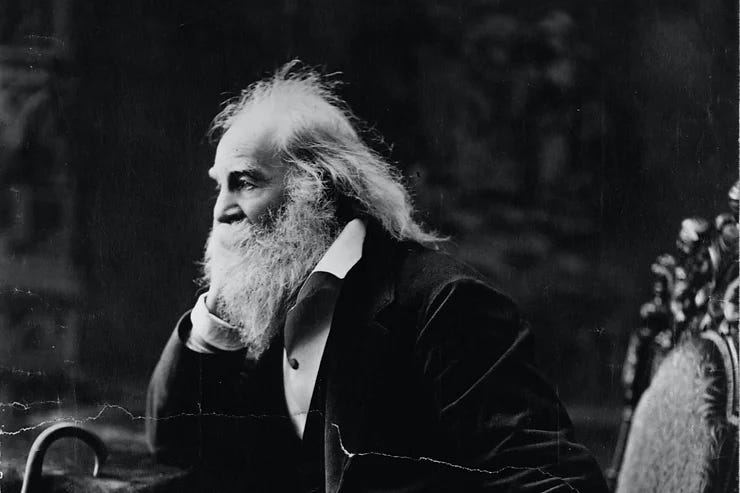Contemporary poetry is plagued by several characteristic vices: obscurity, banality, nihilism—each a topic for examination in its own right. But its most glaring and even characteristic vice is an omnipresent solipsism—a narcissistic navel-gazing by which the poet elevates superficial autobiographical detail to the level of a poetic subject, with no greater end in mind than presenting his perspective either as an individual or as a member of an identity group based on race, class, or some other demographic detail.
Why is this a problem? After all, is all poetry not in some sense autobiographical? After all a poet can only draw material for a poem from his own experience, either lived or learned. Yes: poetry is the supreme individual expression—thought frozen in eternity through the medium of art, either oral memory or writing. But that precise nature of poetry dictates that it must be universal if it is to have any success as a poem. The poem, by definition, is the poet placing his own…
Keep reading with a 7-day free trial
Subscribe to The Chained Muse to keep reading this post and get 7 days of free access to the full post archives.




